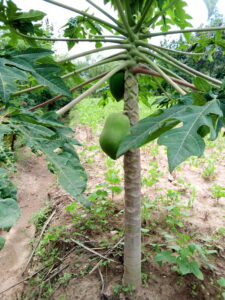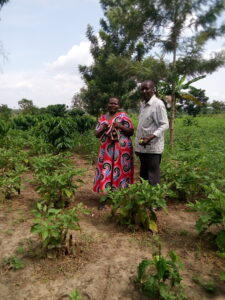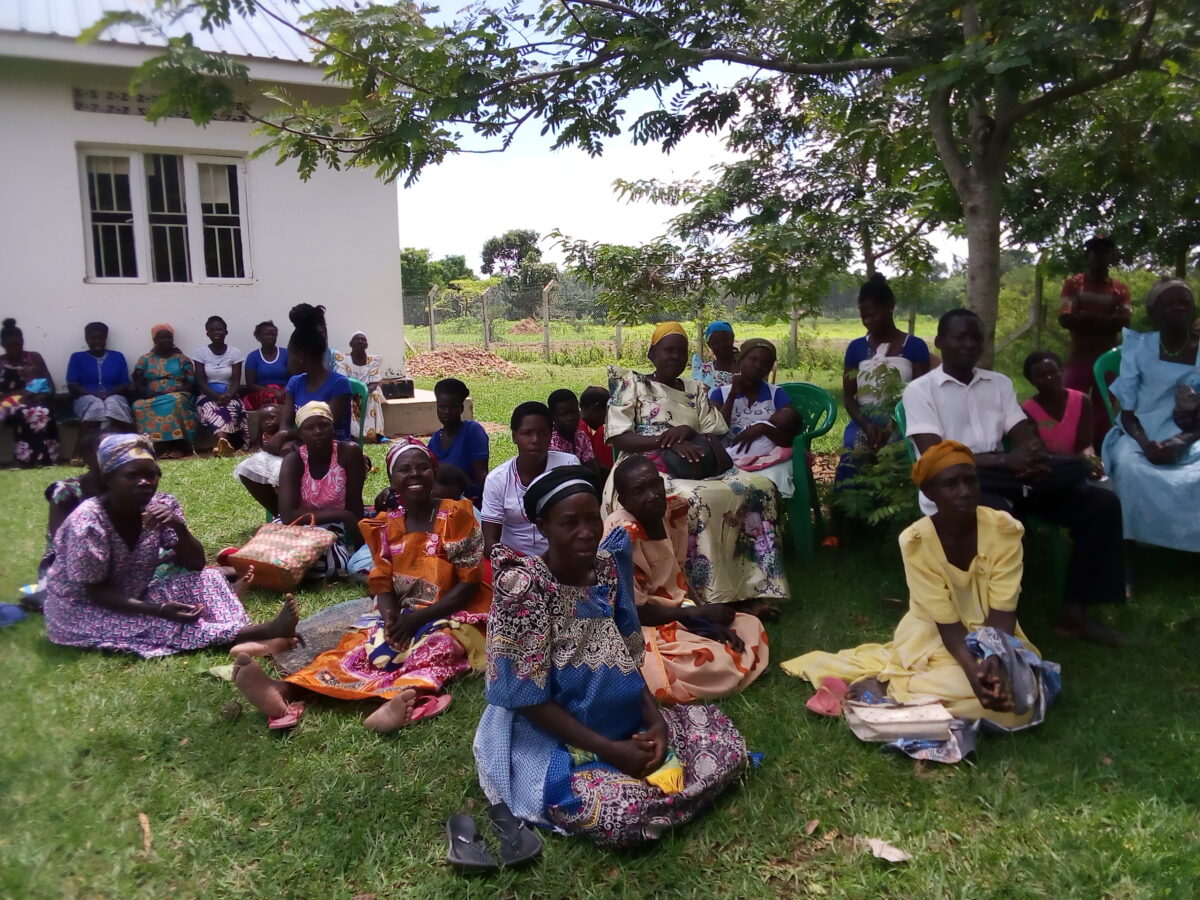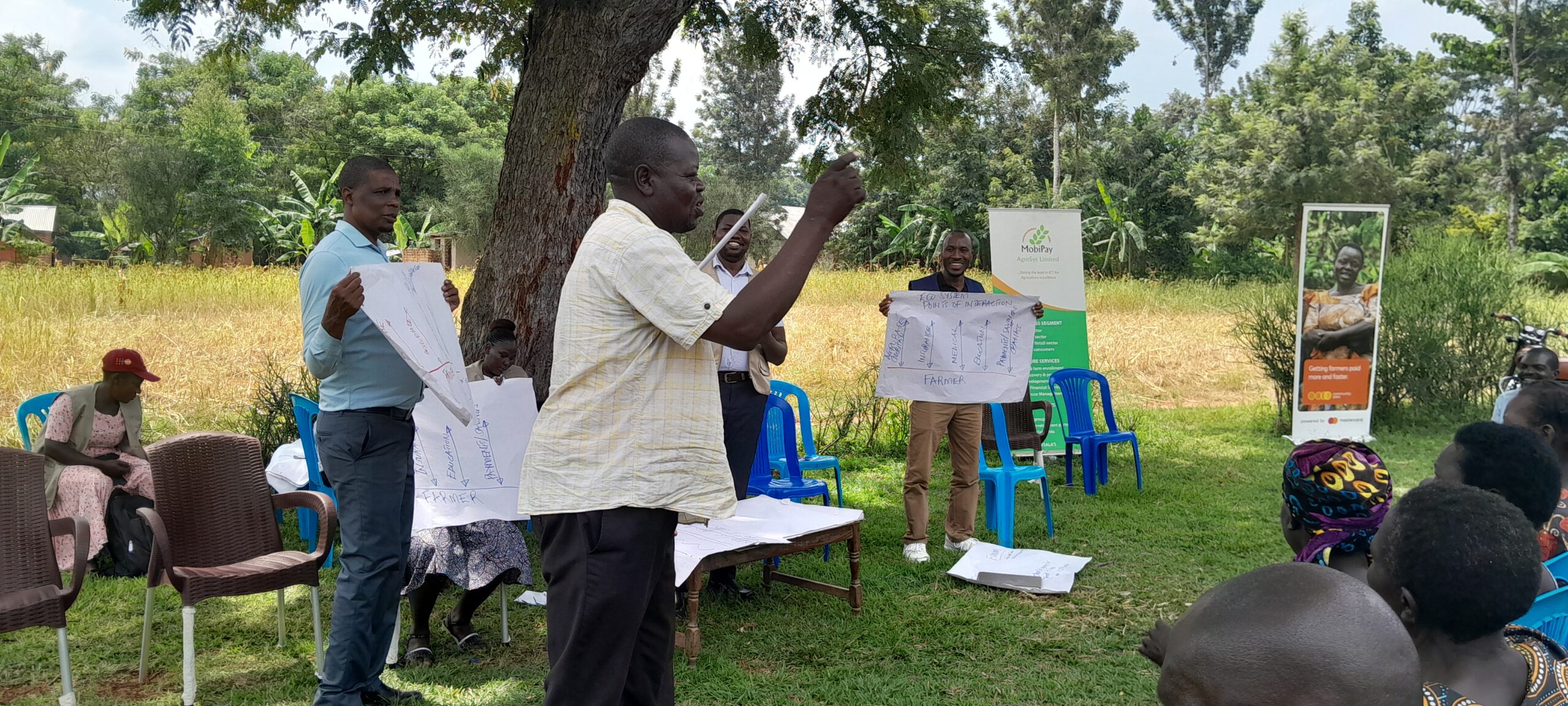Currently, LERWA-Land and Environmental Rights Watch Africa is implementing a contextualized and robust capacity building project aimed at training beneficiaries in agroforestry (growing food/vegetables and fruit trees) to improve their livelihoods while at the same time preserving their environments using the Forest Garden Approach. The one-year Building Resilient and Self-sustaining project funded by American Jewish World Services involves over three hundred eighty (380) beneficiary farmers in ten subcounties of Tororo district. The Technicians / Trainers working with the farmers to establish forest gardens attended a Training of Trainers workshop at TREES for the Future Training site in Lukhonge, Mbale and are certified Trainers by TREES for the Future.
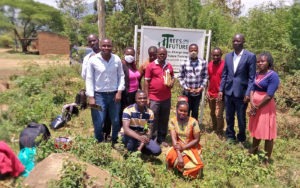
Tororo district has over the past two decades increasingly experienced environmental hazards including soil erosion, floods, drought, hailstorms, strong winds, lightning, crop and animal pests and diseases, invasive species and land conflicts putting livelihoods at increased risk. Generally, flooding was identified as the most serious problem in Tororo district with all low lying subcounties being vulnerable to the hazard. The limited adaptive capacity and /or resilience and high sensitivity of households and communities in the district increase their vulnerability to hazard exposure necessitating urgent external support. However, reducing vulnerability at community levels should be hinged on reducing the impact of the hazard where possible through prevention and mitigation, building capacities to withstand and cope with the hazards and risks, and finally tackling root causes of vulnerability such as poverty and inadequate access to resources and livelihood opportunities.
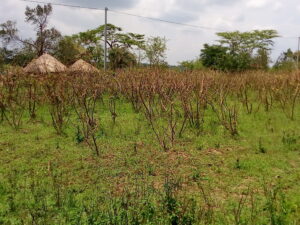
LERWA-Land and Environmental Rights Watch Africa believes that agroforestry especially using the Forest Garden Approach is an appropriate intervention strategy to prevent and mitigate the above cited hazards. Forest Gardens will bring real benefits for people living in poverty whilst at the same time helping to mitigate and adapt to climate change, as well as increasing biodiversity and supporting ecosystems. They are particularly important for smallholder farmers (who are the majority) because they generate diverse products and services on a limited land area. Farmers will access products such as food, fodder, lumber, building materials and wood fuel from their Forest gardens. Rural poverty will also be reduced as on-farm production and household income increase through the sales of products. Furthermore, the risk of economic failure will be reduced because of the increased diversity of production within the forest gardens. LERWA-Land and Environmental Rights Watch Africa also aims to help improve the health and nutrition of the rural poor. The on-farm production of fuel, fodder and other tree products otherwise collected from off-farm sources will reduce the time and effort needed to obtain them (often lessening the burden on women) or save money if the products would otherwise be purchased. All these will be compounded by the range of environmental benefits of the system. For example, improved soil fertility (through the planting of fast growing nitrogen fixing trees and application of organic fertilisers), protect crops and livestock from wind, restore degraded lands, improve water conservation, limit pests and prevent soil erosion.
